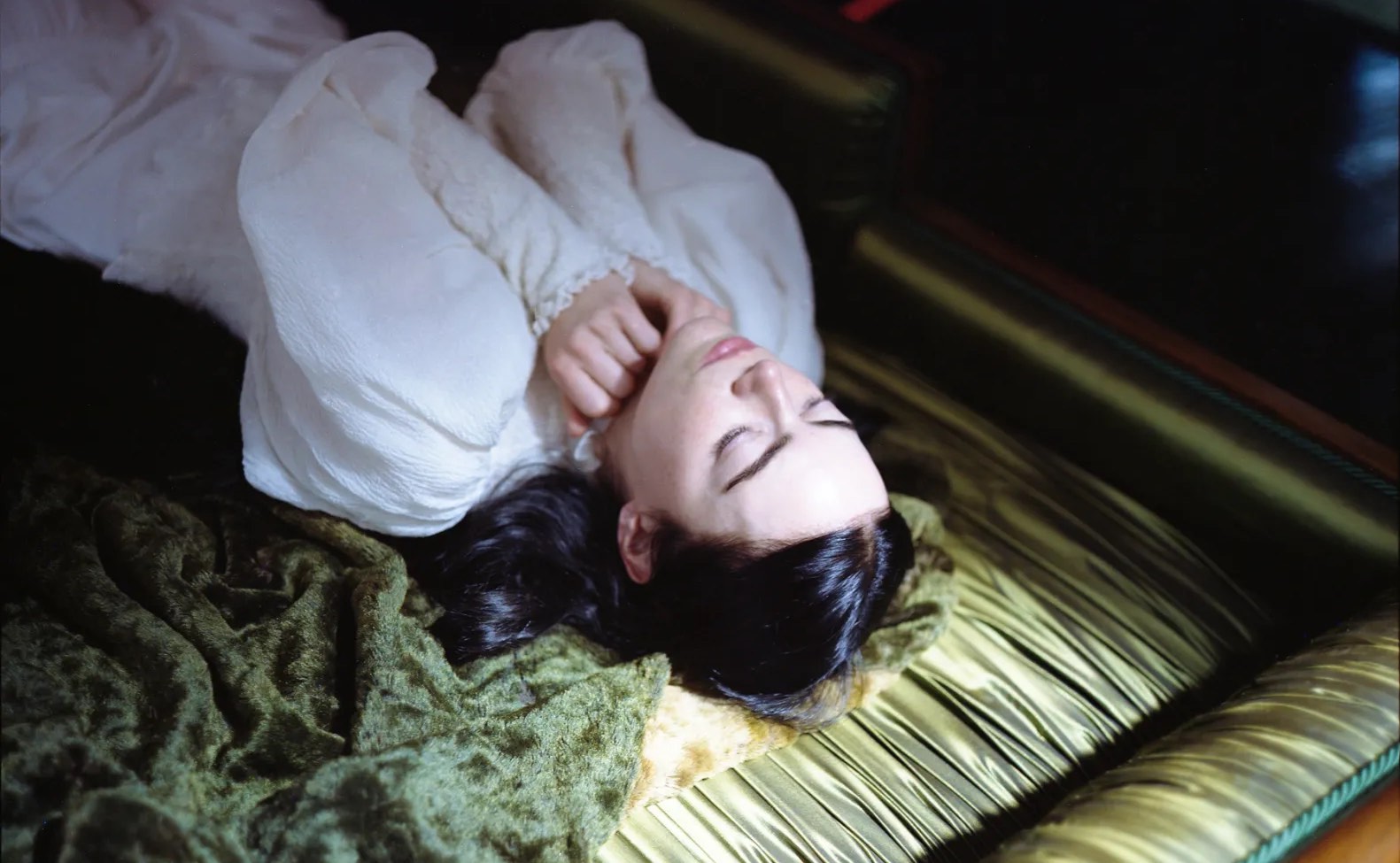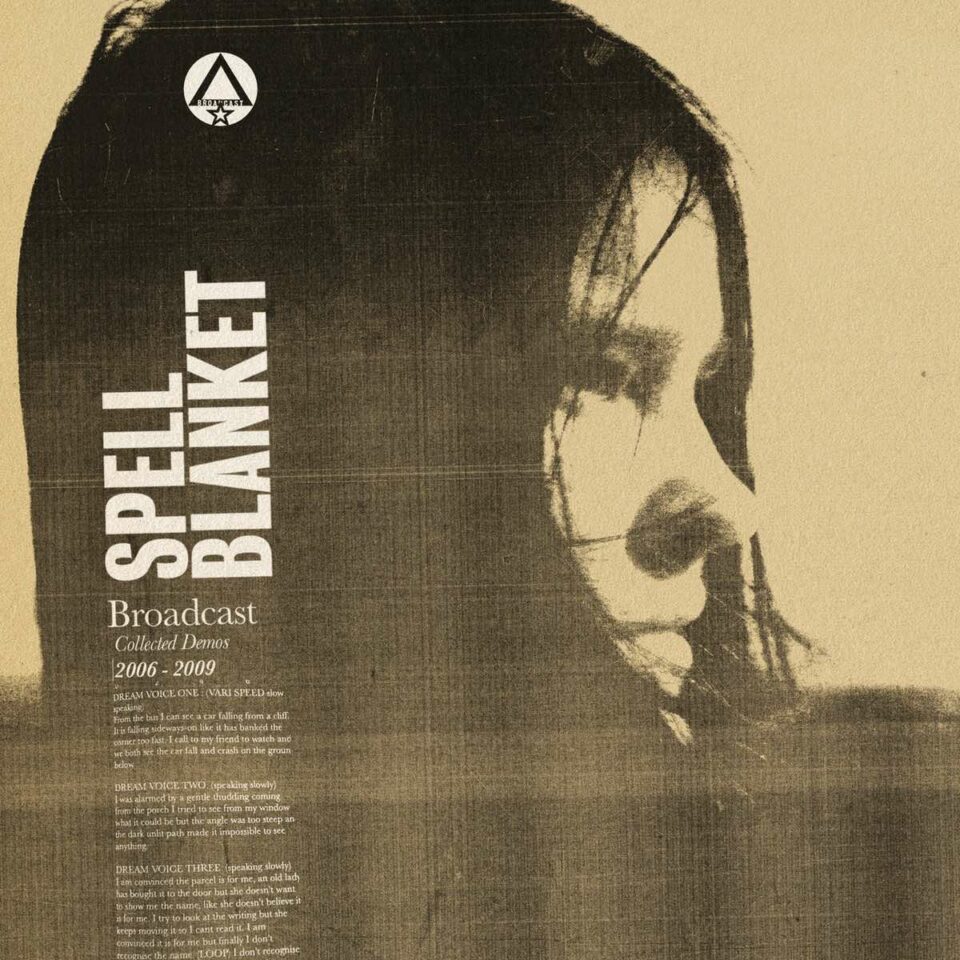Yorgos Lanthimos builds worlds, alternate societies that never feel too dissimilar from the current state of culture, politics, and sex. His absurdity often rings true, as his too-large ideas swirl around characters stretched to their limits. Reteaming with screenwriter Tony McNamara after collaborating on 2018’s The Favourite, the Greek director crafts another one of his twisty narratives with Poor Things. Wrapped in Salvador Dali’s palette and set within Victorian London and beyond, the film is a spectacular visual splendor rooted in obvious, high-society humor.
The fantastic comedy follows Bella Baxter (Emma Stone), a woman reborn by Dr. Godwin Baxter (Willem Dafoe)—or “God” for short. Bella, still with a near-infant mind, learns about life through Godwin and his assistant, Max McCandles (Ramy Youssef). She moves with shakes and starts, she finds out about the pleasure that even a fruit can bring, and she desperately wants to do two things: see the world and have sex. Fiendish lawyer Duncan Wedderburn (Mark Ruffalo) grants both of her wishes.
Lanthimos takes dramatic actors and twists them to hedge audiences’ preconceived notions. Ruffalo constitutes the smartest of these casting decisions. When he hasn’t been in Marvel properties, he’s consistently been a dramatic actor, someone known for prestige roles in films like Zodiac, Spotlight, and Dark Waters—but he thrives in this setting, with this aged dialogue and farcical character. He becomes the face of jokes layered on top of more jokes, a willing punching bag and a bumbling idiot, the antithesis of Bella’s journey into supposed worldly enlightenment. Beside him, Dafoe, Youssef, and Christopher Abbott bring the heat, all buying into this vision of hilarity. And the laughs rarely stop, even when the film pivots to a more serious tone.
The rest of the film constitutes more than just a sexual awakening, but a completely eye-opening experience for Bella, a rattling of how she thinks and, therefore, how she behaves. Lanthimos wants to give this character agency, a reaffirmation of feminist ideals and the necessity of female pleasure. The film never bites off the head of societal norms, though, only chewing around the edges, snapping at interesting ideas without fully committing to them. It’s never as biting or baked as it thinks it is, even if various walkouts from older moviegoers might suggest otherwise.
Poor Things belongs to Stone, not Lanthimos, for her performance of resurrection, of a full life lived in 141 minutes, nearly all of which seem necessary.
Poor Things belongs to Stone, not Lanthimos, for her performance of resurrection, of a full life lived in 141 minutes, nearly all of which seem necessary. She fills Bella with a constant tonic of excitement, pleasure, anger, confusion, and understanding, playing the drama with unswerving clearness and the comedy with verve. Stone lifts the ideas of the movie, carrying the film from something funny to something special. She grounds the drama and she raises the humor, with even the gait of her stride becoming specific and memorable. Calling her sublime would be an understatement.
The craftsmanship of Poor Things won’t go unnoticed, even as all of it blends into sensory overload. The production design and costumes tie together in harmony, each place becoming singular yet part of a whole. The colors seep into the buildings and the streets, as this universe slips between imagination and reality. The film looks wholly original.
Poor Things contains so much originality that its half-baked statements are forgiven. Stone frees the film from prolonged absurdity and the rest of the cast—even bringing in Margaret Qualley and Jerrod Carmichael for small roles, as well as Fassbinder actress Hanna Schygulla—happily fill in the gaps. Laughs come easy in the worlds that Lanthimos creates, and one cannot fault his ambitions for the film to retain emotional substance. Much like Bella Baxter, Poor Things looks and feels completely alive. FL









